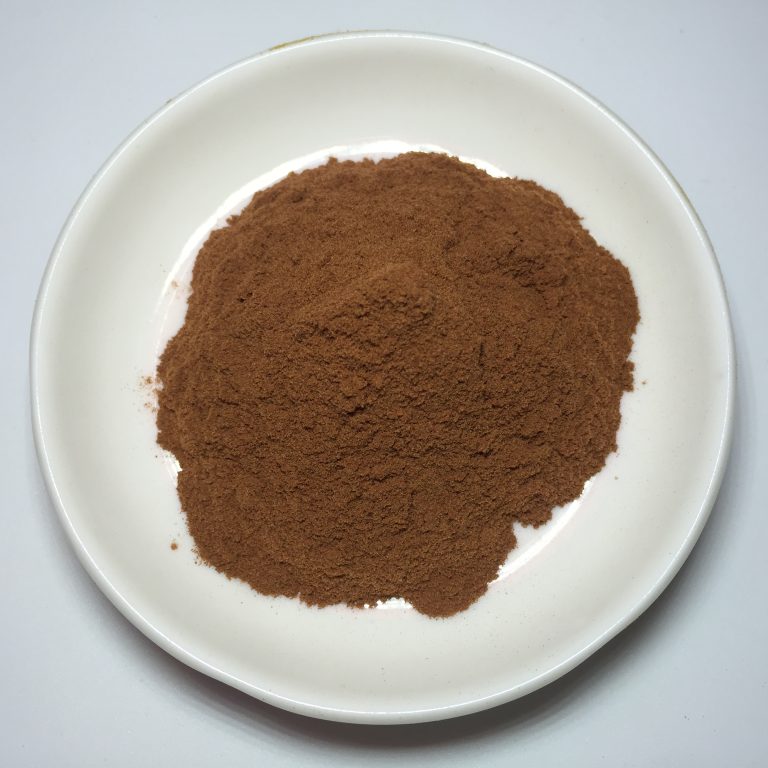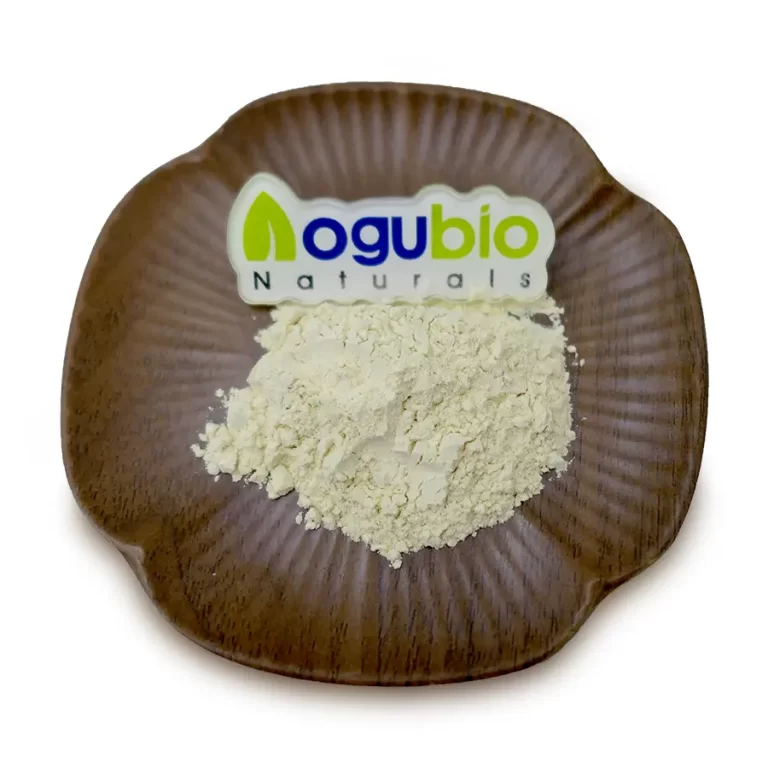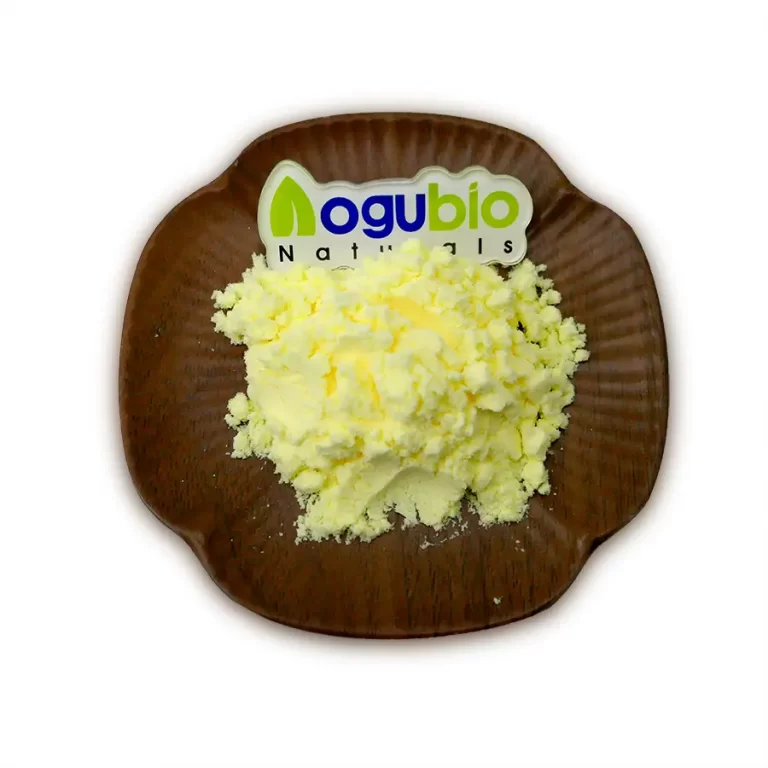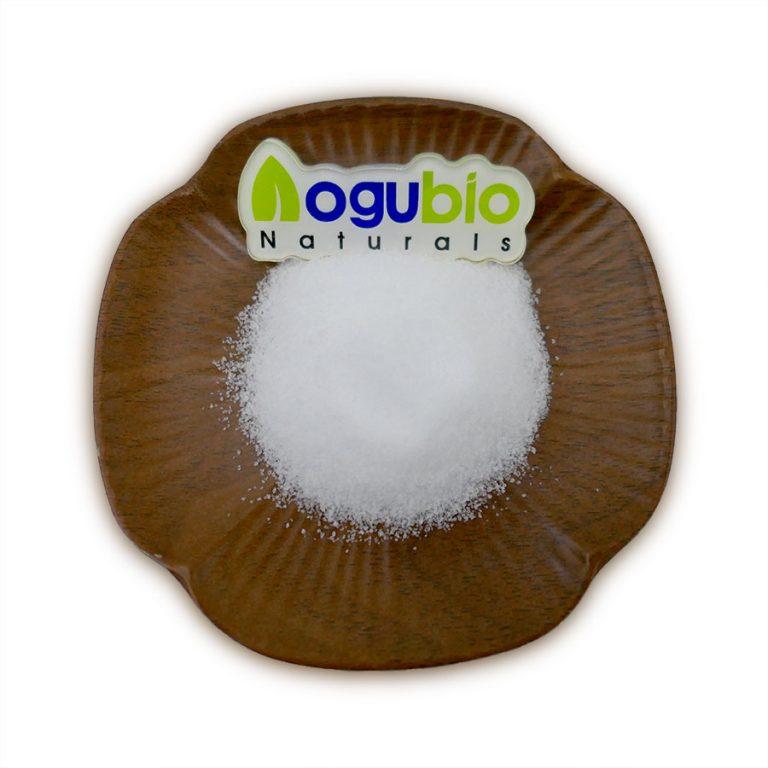What is it?Benefits,—Malic Acid
2019-03-05

What Is Malic Acid?
Malic acid is a naturally occurring substance responsible for giving fruits and vegetables a sour or tart taste. While found in many sources, malic acid was first discovered in 1785 by Carl Wilhelm Scheele, a Swedish pharmacist, from unripe apples. The word “malic” is derived from the Latin of apple, “malum,” which is why the acid is closely associated with its namesake fruit.
Today, malic acid is used as a food additive in noncarbonated drinks, wines, confectionaries, chewing gum, desserts and baked goods, among other things. Another major application of malic acid is in supplements, which are created to help manage certain health issues. The question now is: Do you need malic acid supplements?
Product name:Malic Acid price
CAS:97-67-6
Appearence:White Crystal Powder
Purity:99%min

The Sources of Malic Acid Are All Around You
Fruits
| Apples6 | Watermelon | Bananas |
| Blackberries | Cherries | Grapes |
| Kiwi | Lychee | Pears |
Vegetables
| Broccoli | Carrots |
| Peas | Potatoes |
| Tomatoes | Rhubarb |
What Are The Benefits Of Malic Acid?
Primarily used for treating fibromyalgia and chronic fatigue syndrome, malic acid is also known to boost oral health and cleanse the liver. Studies show it can also boost energy.
- Treats Fibromyalgia And CFS
- Boosts Oral Health
- Improves Liver Health
- Can Treat Gout
- Good During Pregnancy
- Can Aid Weight Loss
- Can Make Your Skin Flawless
- Can Boost Hair Health
Application
(1) In food industry: it can be used in the processing and concoction of beverage, liqueur, fruit juice and the manufacture of candy and jam etc. It also has effects of bacteria inhibition and antisepsis and can remove tartrate during wine brewing.
(2) In tobacco industry: malic acid derivative (such as esters) can improve the aroma of tobacco.
(3)In pharmaceutical industry: the troches and syrup compounded with malic acid have fruit taste and can facilitate their absorption and diffusion in the body.
(4) Daily chemical industry: as a good complexing agent, it can be used for toothpaste formula, spice synthesis formulas and so on. It also can be used as a deodorant and detergent ingredient.
Side Effects & Safety
Malic acid is LIKELY SAFE when taken by mouth in food amounts. Malic acid is POSSIBLY SAFE when taken by mouth as a medicine.
It isn’t known if malic acid is safe when applied to the skin as a medicine. Malic acid can cause skin and eye irritation when applied to the skin.
Special Precautions & Warnings:
Pregnancy and breast-feeding: Malic acid is LIKELY SAFE when taken by mouth in food amounts. Not enough is known about the safety of malic acid during pregnancy and breast-feeding when used as a medicine. Stay on the safe side and avoid in amounts greater than what is normally found in food.
Low blood pressure: Malic acid might lower blood pressure. In theory, malic acid might increase the risk of blood pressure becoming too low in people prone to low blood pressure.







 Imaherb China manufacturer supply Apple Extract Powder
Imaherb China manufacturer supply Apple Extract Powder Imaherb China manufacturer supply Apigenin Powder 98%
Imaherb China manufacturer supply Apigenin Powder 98% Imaherb Factory supply Alpha Lipoic Acid Powder CAS 1077-28-7
Imaherb Factory supply Alpha Lipoic Acid Powder CAS 1077-28-7 Imaherb Factory supply Alpha GPC Powder CAS 28319-77-9
Imaherb Factory supply Alpha GPC Powder CAS 28319-77-9 Imaherb Factory supply Alliin Powder 98% CAS 556-27-4
Imaherb Factory supply Alliin Powder 98% CAS 556-27-4 skype
skype Sales Manager
Sales Manager Rebekah
Rebekah Rachel
Rachel Miranda
Miranda Camilla
Camilla
 Sales Manager
Sales Manager